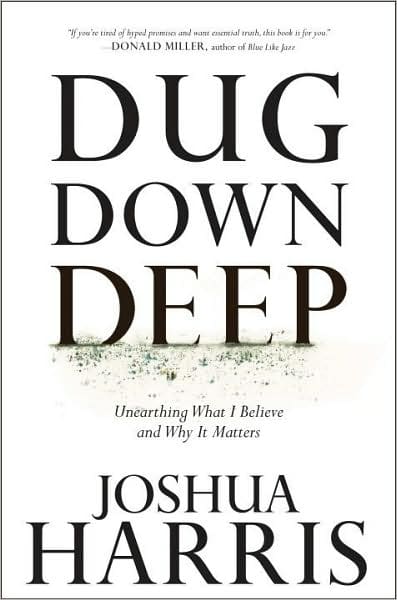[serialposts]I’m standing in a remote village in Haiti on the shore of the massive Lake Azeui. I upload a picture of some of the members of our mission team to Facebook and Twitter. They’re singing and dancing with the locals. There’s a communication gap, but music always seems to bring people together. It’s a special moment.
The response is almost instant.
Within fifteen minutes my e-mail ringtone sounds. It’s a notification from Facebook telling me that someone just commented on my status update. The comment rocks me in a strangely unexpected way.
“Tell Rhoda to put on some sunscreen, she’s looking a little burnt.”
I know it doesn’t seem like an earth-shattering revelation. At least until you consider that the comment came from a missionary IN AFRICA! At that moment, I realized that I wasn’t just sending back occasional updates. I was taking everyone that I’m connected to on this mission trip with us.
A funny thing happened on that trip.
As I shared what the team was doing in real-time, the people back home (and around the world) started responding in real-time. People who helped sponsor the team with finances and prayer didn’t have to wait until we got home to hear the testimonies. They got to experience what we were doing as we were doing it. That means that their prayers didn’t have to be generic offerings for the team not knowing what we were dealing with. They were able to pray specifically for the things that we encountered throughout the day.
And as I look back at those social media streams and blog posts, I see a really cool documentation of what our church did during that week-long visit to Haiti. Those posts are a part of our church history, telling the story of what God was doing in and through us.
This is what my next book project is all about.
I’ve just agreed to an Intent to Publish, and will soon have a contract in place with Rhizome Publishing for a project that we’re calling To The Ends of The Earth. It’s a project that God’s been stirring in me from that very moment in the Haitian village.
Since then I’ve found myself thinking much more about how I help the church tell her story about what God is doing.
Through this process I’ve found myself identifying more with Luke… the author of the Gospel and the Book of Acts. He documented a great deal of church history during those first few years. And when I’m working the social media tools to document today’s church history, I can’t help but to feel like I’m somehow continuing the work that he started 2,000 years ago.
So this is a book project with a couple different levels…
First, it’s a look at the writing of Luke to figure out what we can learn about documenting church history today. How do we tell the story as Luke did? He wrote what he did with the purpose of proclaiming and persuading. Is what we are sharing today about the church fulfilling that same purpose, and how do we make sure that it does?
Second, to put things in perspective for us, we’ll take a look at Luke’s writings as if he had the same kind of technology that we have today. I can’t help but to think that Luke would have been a blogger. What would his blog posts have looked like? What would he have tweeted? What would Peter, John, and Saul/Paul have tweeted?
My hope is that as we explore the Scriptures from this perspective we can learn more about how we leverage social media tools to further the Message that we’re commissioned to share… from right where we are, to the ends of the earth.
Over the next couple of months, I’ll share bits and pieces here as a way to help me work out these ideas. But also as a way of keeping you engaged in this process. Because this is largely about how we use social media, it means that it’s not about how one dude does it.
It’s about all of us.
So I want to hear your stories. You never know… one of them just may end up in the book!






My favorite thing is the potential for on-the-spot ministry. Last year, I was on FB one evening, and a friend who was going through a shattering breakup messaged me. “I just need a friendly voice,” she said.
I pulled out my cell phone and called her…and we talked for an hour. Or rather, she talked. I listened and did my best to love on her broken heart.
We have a potential for responsiveness that is absolutely unprecedented.
I am an interpreter with the US Coast Guard Auxiliary. In the aftermath of the Haitian earthquake, my job was to monitor a Google spreadsheet. It contained all the text messages and tweets coming out of the disaster. This really smart auxiliarist had written code to grab the messages and add them to a spreadsheet.
When a post appeared in French, my job was to translate it into English and repost it to the spreadsheet so the responders could understand the need.
Like I said, on the spot.